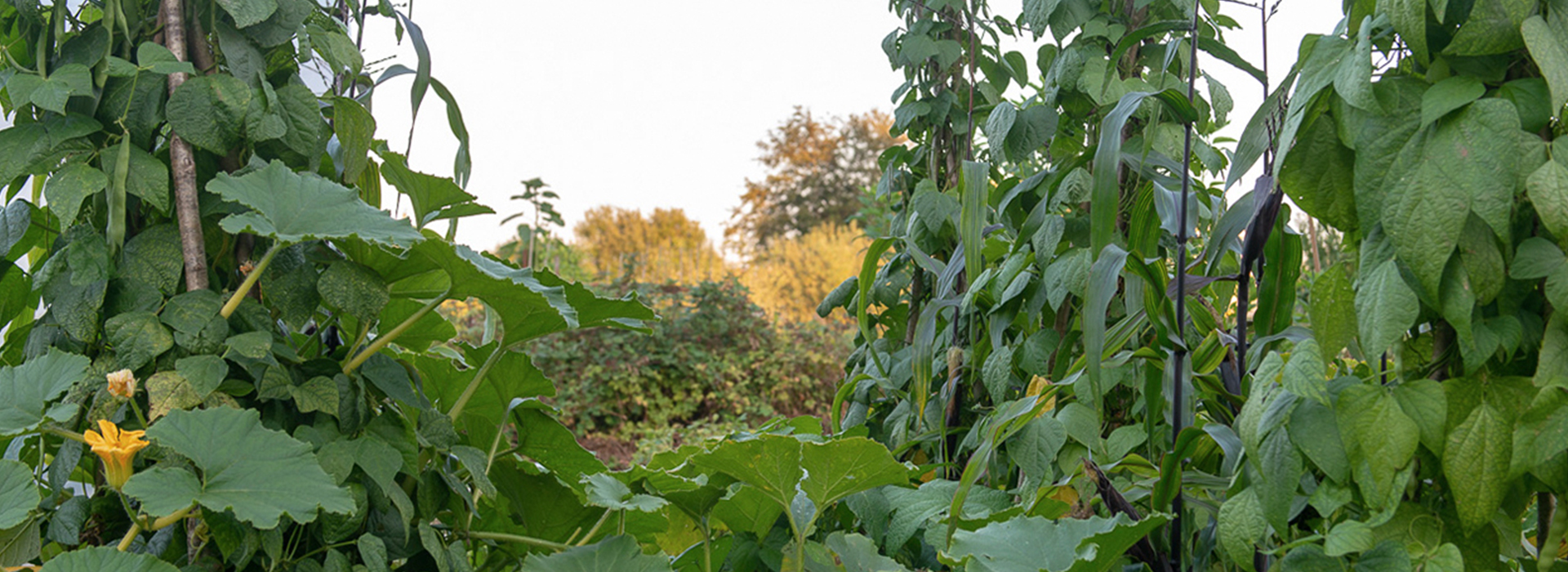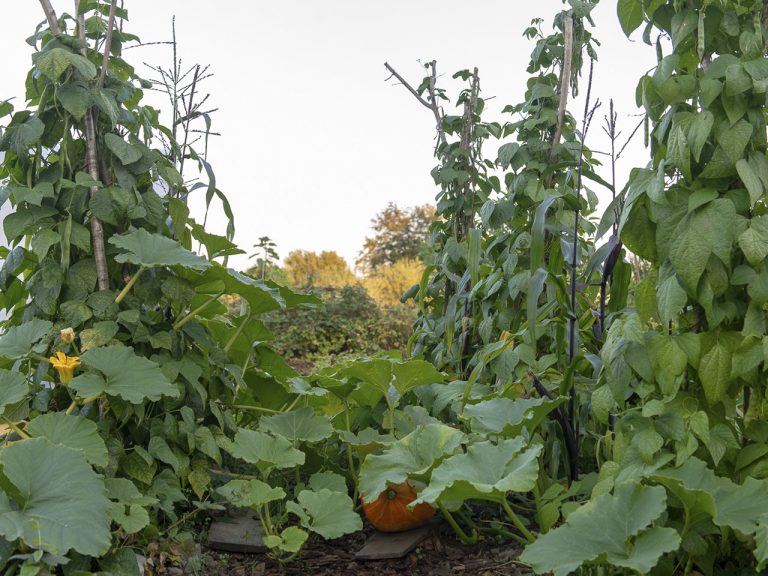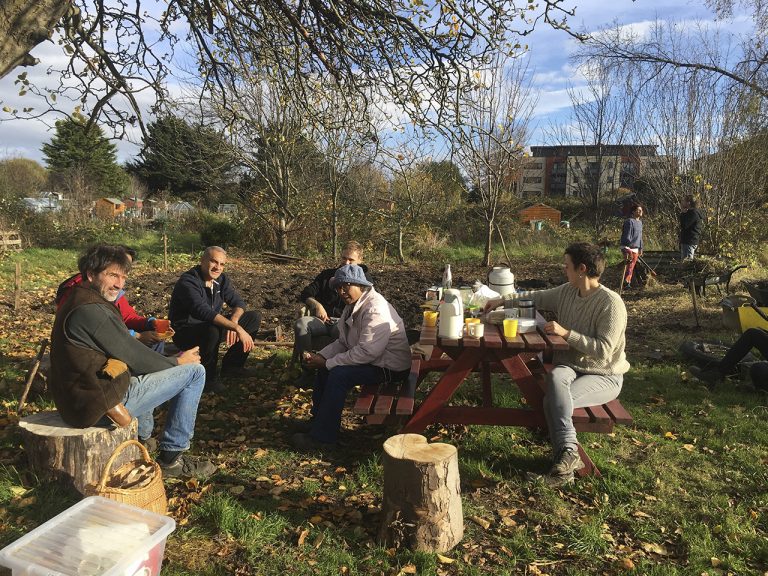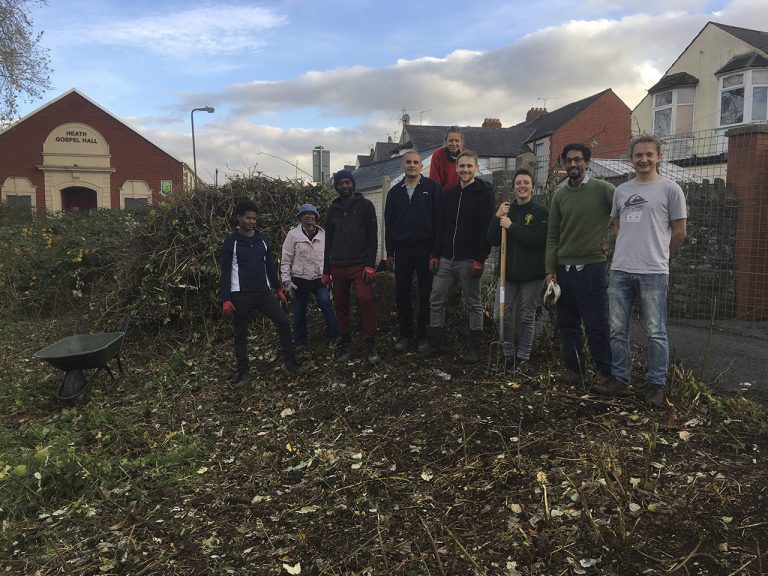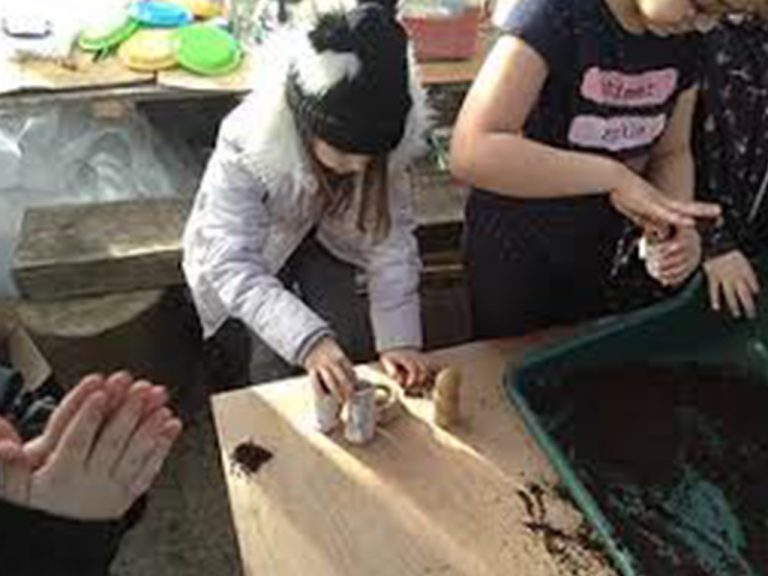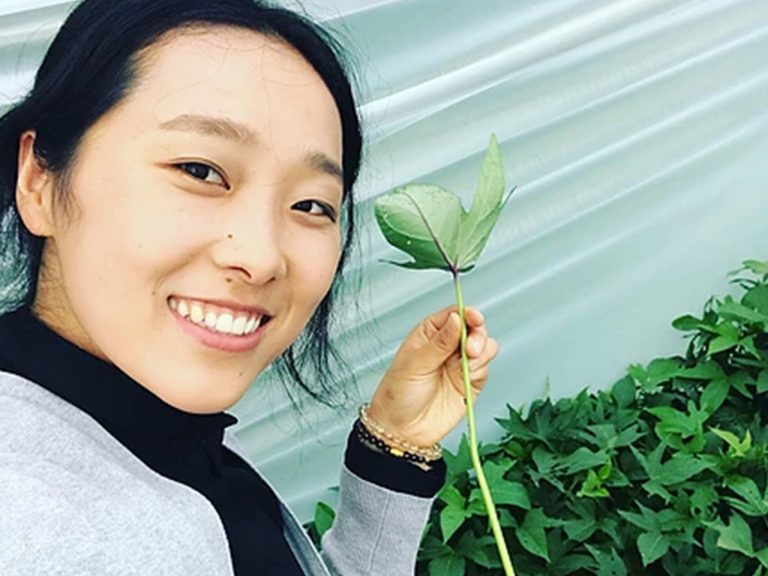Introduction
Global Gardens developed out of a previous project called Soil and Clay, and the group have been on their current site since August 2016. Soil and Clay received initial funding to support integration for refugees and asylum seekers and to encourage community integration. The group came together through both gardening and ceramics, and together made a range of tableware with which to enjoy a feast of local food. Every participant also received a veg box each week as part of their involvement.
As well as the Trinity Centre, Global Gardens now also work in partnership with Oasis, a local charity who help refugees and asylum seekers integrate into their new communities.
The group also operate a monthly supper club, which takes place at a local community centre.

 English
English  Deutsch
Deutsch  Español
Español  Svenska
Svenska 